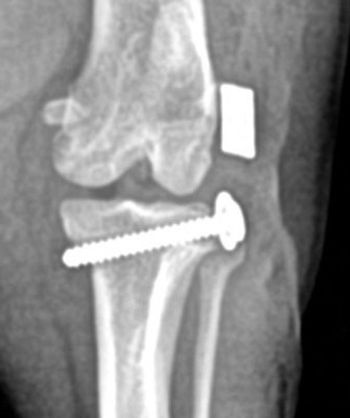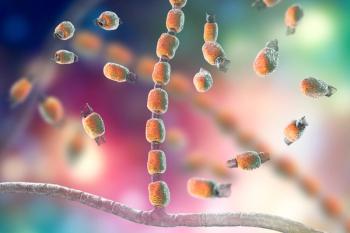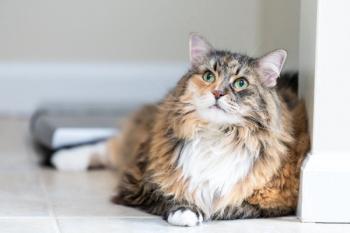
Today's Daily Dose: Anemia
What are the possible causes of this condition if it is regenerative vs. non-regenerative?
Untitled Document
“Determining the regenerative nature of the anemia guides the work-up in cats. Regenerative anemias suggest blood loss or red-cell lysis. Red-cell lysis can be due to toxins, infectious agents, neoplasia (as a secondary immune-mediated phenomenon) or primary immune-mediated hemolytic anemia. Non-regenerative causes of anemia include iron deficiency, anemia of inflammatory disease, renal disease, bone-marrow disorders, neoplasia, infectious disease and immune-mediated disorders directed at erythrocyte precursors.”
Newsletter
From exam room tips to practice management insights, get trusted veterinary news delivered straight to your inbox—subscribe to dvm360.




